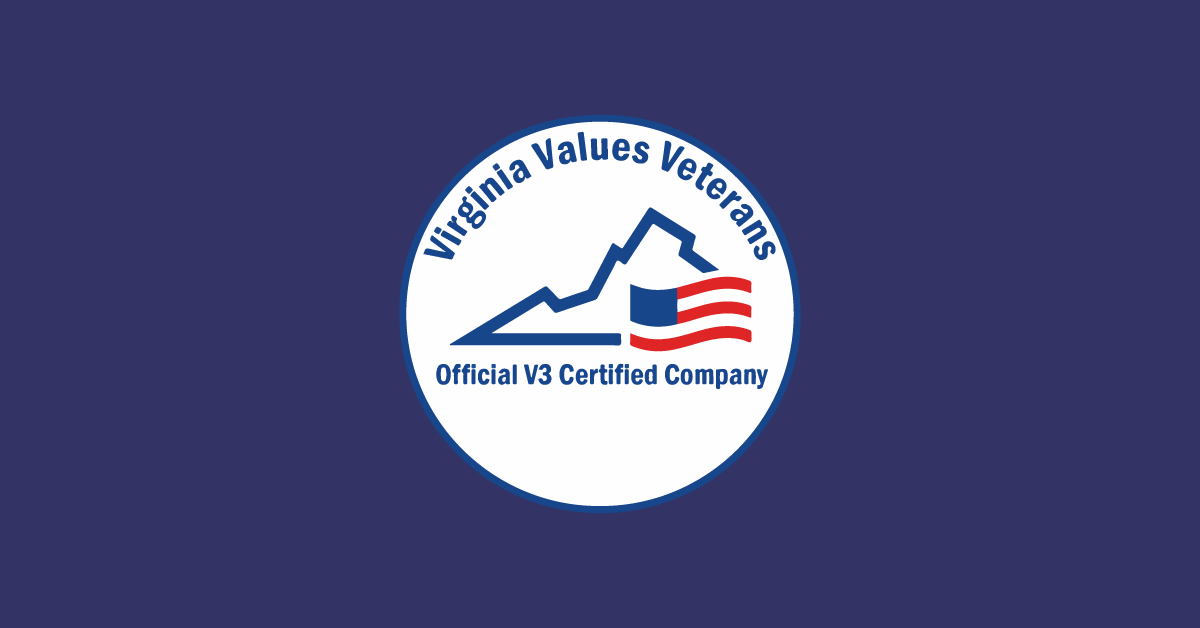3 min read
Building Culture That Works: Cobb Tech Named One of VA's Best
Cobb Technologies has been honored as one of the 2025 Best Places to Work in Virginia by Virginia Business and Best Companies Group. This prestigious...

If there was ever a time that showcased the importance of cloud services, it’s now. With a worldwide forced remote work situation, the ability to access critical business functions through the internet has become a critical function of its own.
Since cloud services are not bound to the office itself, SaaS (software as a service), IaaS (Infrastructure as a service), and PaaS (Platform as a service) solutions are easily deployable for remote work.
Many companies have already discovered this fact for themselves: the cloud provides the flexibility many businesses need to survive in today’s marketplace, all while boasting completely remote deployment. That is not to say, however, that cloud services are without their own detractors.
First, let’s quickly go over what constitutes a cloud service. A cloud service is any application, software, or file storage system that is accessible through the internet. It is for this reason that software such as Salesforce and Cisco WebEx, and even Slack are considered cloud services — they are accessible through, and work in tandem with the internet.
Let’s go over the pros and cons of cloud services:
CLOUD PROS — COST
The most obvious benefit to cloud services are their almost infinite flexibility. Through SaaS options, a business can find an application solution for almost any situation — giving some companies the ability to run their business without any server needs at all — be it localized or cloud-based.
Files can be stored in cloud-based services like Dropbox or OneDrive, and since the applications being used are processed remotely, very small companies that make use of cloud services can operate at a very low cost.
For very large businesses, the cost of cloud services can be more affordable than when compared to maintaining a network of their own. As a business’ network grows, server load increases exponentially, creating the need for large server rooms, backup storage, and increasing labor costs via both additional salaries and time spent upgrading systems.
When utilizing cloud services, a business won’t have to worry about these expenses.
When comparing the cost of upgrading cloud server solutions to localized server solutions, cloud wins every time, because cloud services don’t have any one-time hardware fees: the physical servers already exist, your business is just renting them.
CLOUD PROS — SCALABILITY
The ease of upgrading and growing a cloud server or service cannot be overstated — what used to take significant amounts of labor (potentially hundreds of hours for large companies) now takes minutes, if not seconds.
If going the route of a localized server, in order to upgrade your system, you need to consult with your CIO or a vCIO concerning your best hardware options, order the each individual piece of hardware that makes up your server, pay for shipping and wait for said hardware, shut down all network operations when the hardware arrives (which won’t begin to operate until upgrades are finished), spend potential days setting up the server, test the environment, reinstall all applications, firewalls, and antivirus, and then start work on the backup server.
With cloud services, if you need to upgrade your network, you simply add more storage or a new application to your cloud package, sometimes with a single click.
CLOUD CONS — COST
While cloud services tend to save very small and very large businesses money, small-to-medium sized businesses tend to experience the opposite.
This is because their server load is small enough to not require high levels of IT infrastructure, therefore reducing the size of their internal IT team, as well as reducing the cost of upgrading and maintaining the physical hardware of the server itself.
It’s a good idea to look at the cost of the lifetime cost of your server (meaning the three to five years between hardware upgrades) — then add the salary of your IT department — and then compare that to the overall cost of a cloud plan for the same duration of time.
For many small-to-medium sized businesses, local solutions will be the more affordable option. Local servers also don’t necessitate your own internal IT department — MITS providers are more than capable of managing your business’ local network, and usually cost less than hiring your own internal IT team.
CLOUD CONS — SECURITY
The security of the cloud is both a blessing and a curse. For a lot of businesses, the cloud is actually more secure than a local environment — mainly for businesses that don’t have security as a high priority. If a business doesn’t regularly update its antivirus and firewall regularly, as well as monitor network activity and backup health, the security measures of a cloud server will be more effective.
If a business is security-focused, however, it will probably be more secure than when compared to a cloud service. This isn’t because this imaginary business has access to a security measure that the cloud service lacks — it’s due to the cloud service being a very high-value target for hackers.
Because cloud servers host such vast quantities of data across so many industries and individual businesses, they have become a more valuable target for hackers.
CLOUD SERVICES — MORE GOOD THAN BAD
While cloud services do come with some detractors, they offer more than enough value to negate those negatives. While problems such as internet connectivity and survivability may have been issues in the past, the internet has ubiquitous within the business environment, and with the deployment of 5G, this will be a non-issue.
When looking at the highly (and quickly) scalable nature of cloud services, the variety of solutions (and the customizability of those solutions) through SaaS, and the elimination of one-time hardware costs, cloud services are a great choice for any business, even if the lifetime cost of a cloud server is higher than that of a localized.
Despite all of these benefits, however, it’s definitely worth considering going the route of a localized sever if it will save you enough money to justify the hassle of managing your own, or if security is of paramount importance for your business.

3 min read
Cobb Technologies has been honored as one of the 2025 Best Places to Work in Virginia by Virginia Business and Best Companies Group. This prestigious...

5 min read
Cobb Technologies is honored to hold the SWaM (Small, Women-owned, and Minority-owned Business) certification, awarded by the Commonwealth of...

5 min read
Every year, thousands of Veterans transition from military service to civilian careers in Virginia, bringing invaluable skills and experiences to...